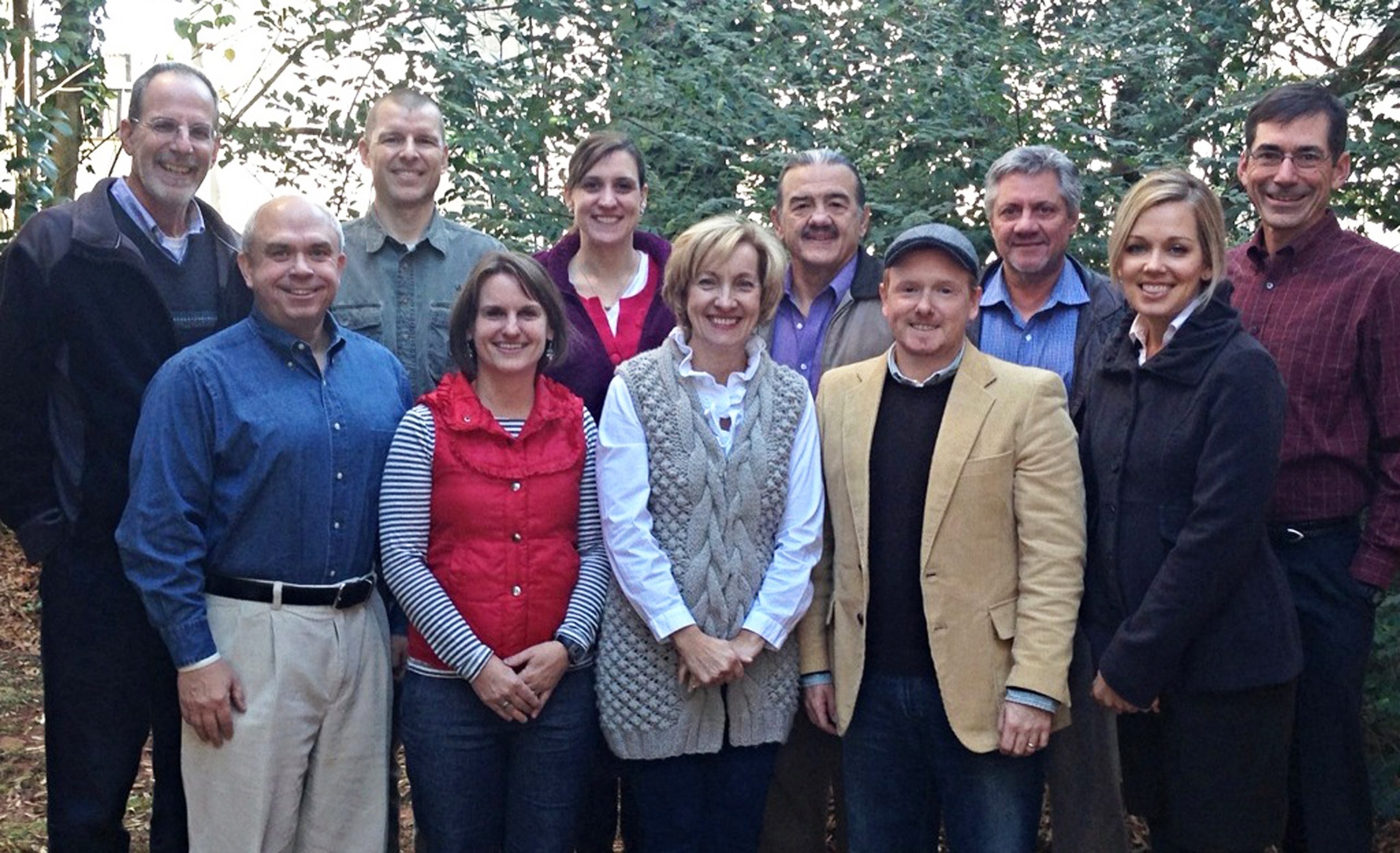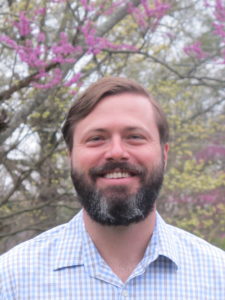Equipping the Church: A Pastor’s Viewpoint
For the months of February through April we’ve invited several people to give you a peek into
the new directions God has called The Barnabas Center. We hope these directions will be
encouraging and that you’ll resonate with the needs and hopes that are being shared.
In May we’ll be back online with our usual thematic blog posts.
————————————————————————————-———————-
Okay, I admit it. As a guy, I wish I could claim expertise (or at least competence) in house-project stuff. Sadly, I don’t have Ty Pennington’s tan, and I don’t grunt like Tim Taylor. I do however, experience deep satisfaction in minor fixer-upper projects that somehow miraculously go right. Recently, I figured out how to disassemble pipes in a bathroom sink and clear up a real-deal drainage backup. This was certainly not worthy of a Bob Vila tweet, but nonetheless: problem identified (clog); problem solved (unclog the clog).
As a pastor, I admit it that I should know better than to treat people like pipes. I wish I could claim that I never saw people as “projects”—that any such heretical notion was long ago expunged through the rigors of seminary training. Yet sadly, for far too long, I navigated life in ministry like a theologically-trained plumber: identifying people’s problems, and attempting to “fix them” (if you are now humming the chorus to a Coldplay classic, you get extra dessert).
Through the Pastors Training Ground, the Barnabas Center has been an invaluable resource in helping me reshape my view of both people and ministry. It doesn’t do much good to ask the pipes to tell you their story, but it’s amazing how much can be gleaned by learning to ask better questions, and listening for how God is pursuing someone—even in the midst of their discomfort and despair.

The human condition might be straightforward enough (we are created in God’s image, we have sinned, and we are desperately in need of divine rescue), but thanks to Barnabas, I am finding that individual human stories are remarkably more complex than a simple sentence—especially when people like me learn to really tune in and listen. Barnabas is helping me rethink my life as a pastor, husband, father, and friend. Am I growing in my trust that God can and will do the work of bringing someone to repentance, or am I edging him out—too eager for the quick fix?
The late author and professor Dallas Willard once wrote that real spiritual growth happens when we embrace “the possibilities of a life of free-hearted collaboration with Jesus and his friends in the kingdom of the heavens.” In the quiet moments, I hear myself agreeing, “Now that sounds more like it.” Having been gently exposed for the flawed plumber that I am, I am more convinced than ever that I can change the metaphor. I can now see myself embracing a better story than the one I was living.
It’s good to know I’m not alone in my clumsy thinking. And I’m not alone in attempting to figure out how to write this new story well. The Barnabas Center has also been instrumental in helping me realize how essential it is to connect regularly with pastors who “get it.” They might not understand the depths of my particular style of depravity, but they can relate to the pressing, relentless demands of navigating the waters of full-time ministry.
Carrying the title of “pastor” can be a lonely, and sometimes (or often) exhausting burden to bear. The reality of pastoral burnout is perceived by some as a kind of Medal of Honor, and by others as a sign of failure (i.e. “Here lies Marc. Another pastor who couldn’t cut it”).
Thank God for the Barnabas Pastors Retreat where pastors like me can hear and be heard, while experiencing much-desired rest and replenishment. And how deeply encouraging to know that people like me aren’t alone in the struggle. When thoughtful leaders come alongside pastors and say, “You don’t have to do this alone,” and seasoned pastors share their invaluable lessons learned, they give the next generation hope that “it can be done”—and done well. It is deeply satisfying to know that pastors can indeed learn to adapt and lead for the long haul. Thank goodness.
C.S. Lewis loved the parable from George MacDonald about our lives as houses, with God as the expert builder—a kind of divine Norm Abrams. Yet when he goes to work, we get more than we expect. “What on earth is He up to?” asked Lewis. “The explanation is that He is building quite a different house from the one you thought of—throwing out a new wing here, putting on an extra floor there, running up towers, making courtyards. You thought you were going to be made into a decent little cottage – but He is building a palace. He intends to come and live in it.”
That’s the kind of project I’m eager to see for myself.
.
To learn more about the Vision 2020 campaign please watch this brief video:
.

Marc Dickmann is Executive Pastor at Warehouse 242. He leads the staff team and works in partnership with the elders to keep Warehouse moving forward. He also champions Service at Warehouse 242 and develops partnerships with organizations who serve the real needs of our nearby community. Marc serves on the Teaching Team, and enjoys looking for ways to talk about the Green Bay Packers during his sermons.








1 comment
Love this Marc! 🙂 So glad you are enjoying Training Ground so much. Love hearing your thoughts and your heart!